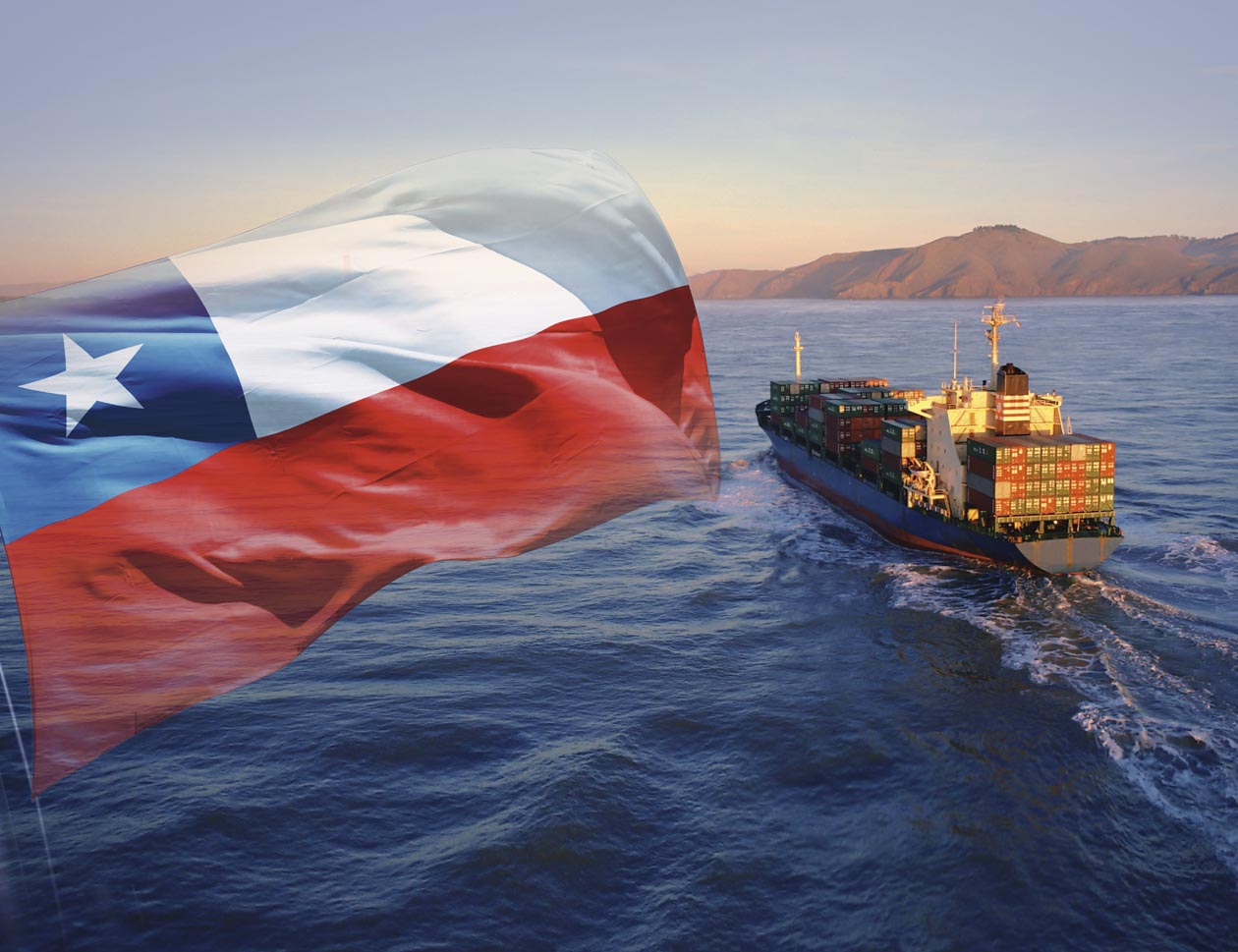RIO DE JANEIRO, BRAZIL – Thirty-five barriers were identified, of which 19 correspond to Sanitary and Phytosanitary Measures (SPS) and 16 to Technical Barriers to Trade (TBT). Of these, 27 directly affect local exporting companies, “for which reason steps are being taken”. For the other eight, although they are still in force, “they do not cause problems, so they are not part of the work agenda (of Subrei),” the report clarifies.
Although not all countries monitor these types of barriers, their application for protectionist purposes has been discussed since before the General Agreement on Tariffs and Trade (GATT) was agreed in 1947.
Read also: Check out our coverage on Chile
In this context, Subrei states that “it is striking” that “a large number” of restrictive trade actions were not reported. On the contrary, they say, they were surprised by the number of barriers associated with “undue delays” in the procedures for the internment of products. These, they explain, can delay shipments for years. Thirteen cases have been classified as undue delays in the land registry.

In view of this, the Undersecretary, Rodrigo Yáñez, mentions that monitoring both barriers and undue delays “generates new business opportunities for Chilean producers and exporters, especially for MSMEs”.
PRODUCTS AFFECTED
By products, livestock and fruit shipments are the most affected.
In Indonesia, there were actions that delayed the delivery of Pest Risk Analysis (PRA) results for in-shell and shelled nut exports; the recognition of Halal certifiers and sanitary access for pork exports.
In Mexico, the delays were due to the imposition of phytosanitary requirements for exports of lemons and avocados. And for pharmaceutical products, interchangeability and biocomparability tests are required in its territory with the Mexican population. This is an “unusual practice at the international level”, the analysis points out.
In Bolivia, the barriers affect shipments of pharmaceutical goods. Additional information is requested in the analysis bulletins, in the legal documentation for re-registration and product registration procedures. And, the approvals of the Chilean Institute of Public Health (ISP) are unknown.
For the moment, the analysis does not include a quantification of the losses caused by this type of actions, since it is a qualitative information survey, clarifies the Ministry of Foreign Affairs department.

